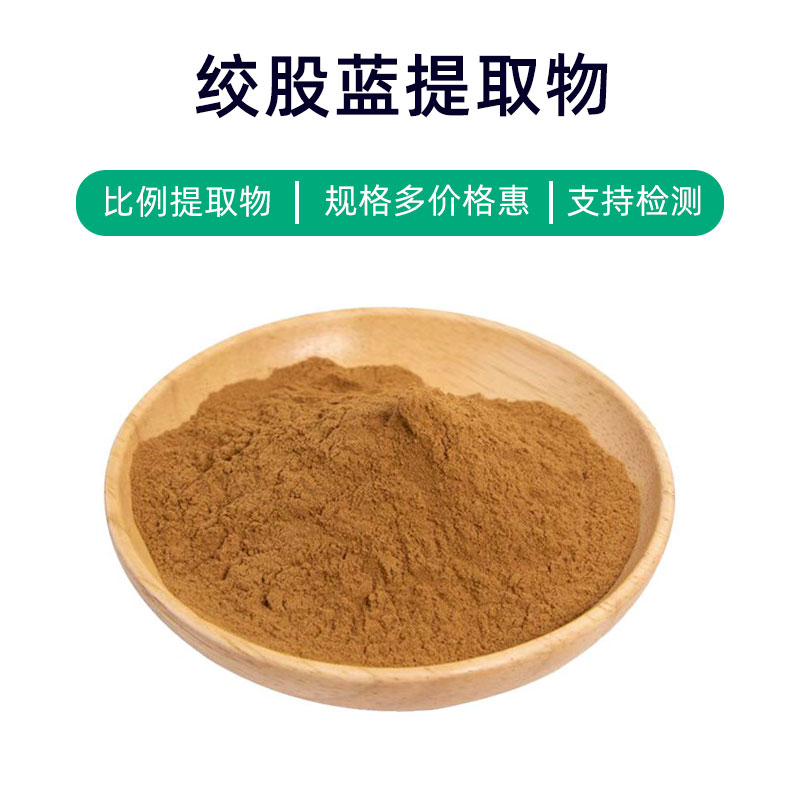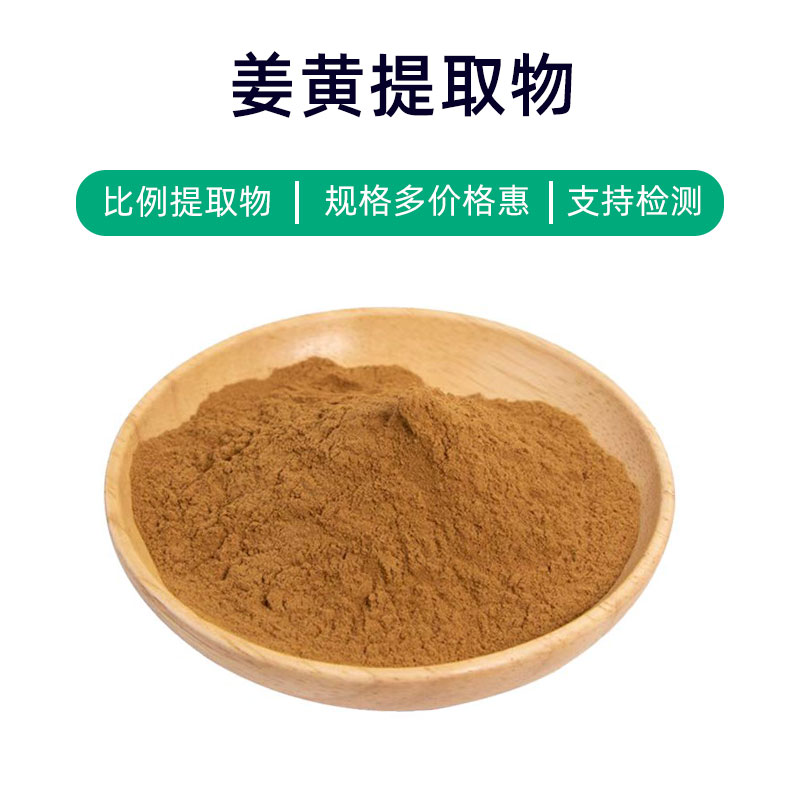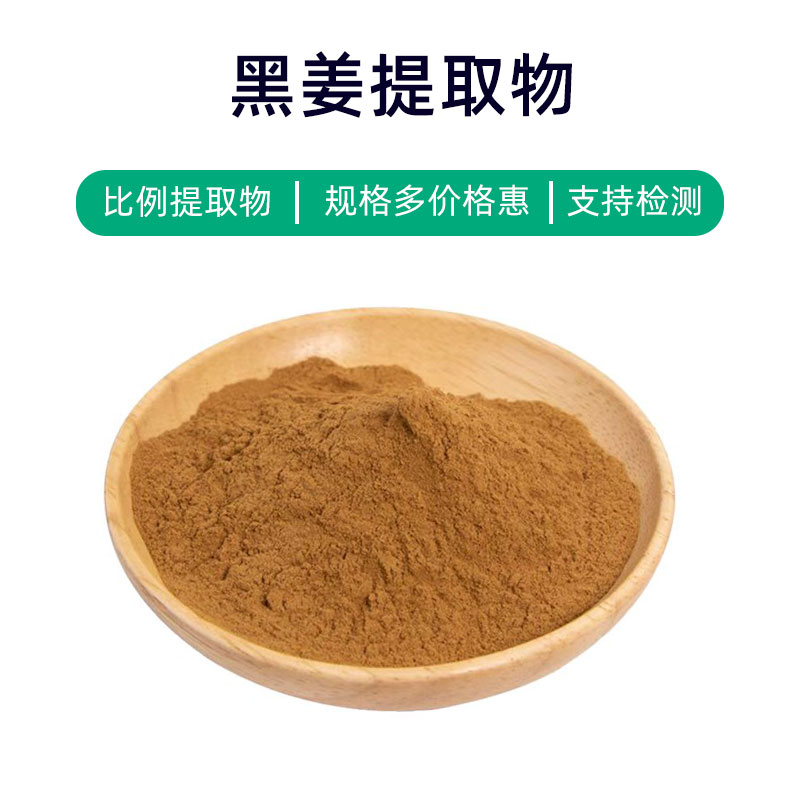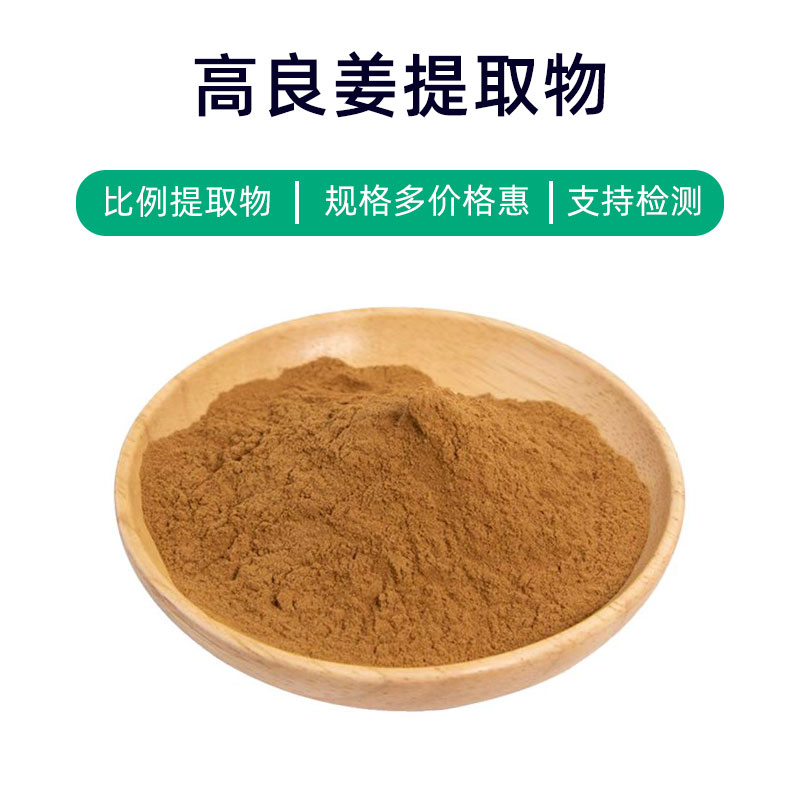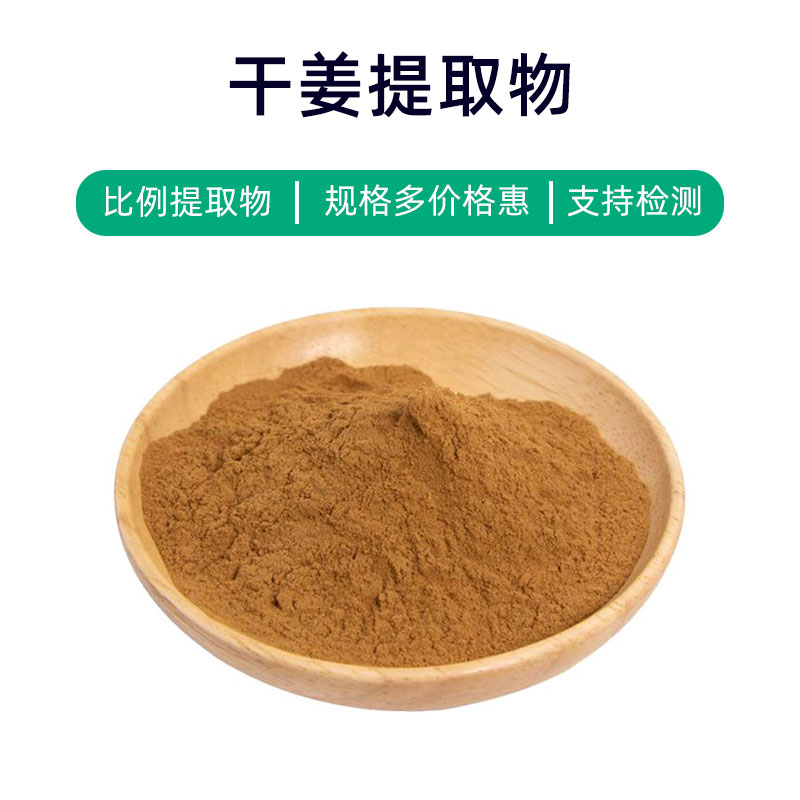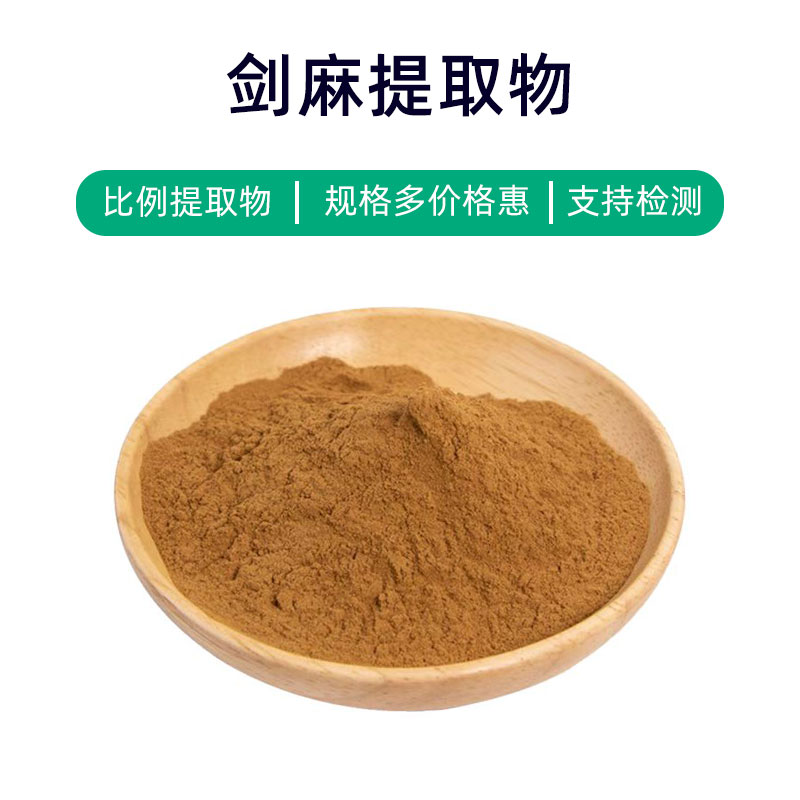Hemp Seed Extract Product Introduction
Hemp Seed Extract is a natural nutritional ingredient extracted from the seeds of the hemp plant. Its main components include abundant cannabinoids (Omega-3, Omega-6), proteins, vitamins, and minerals. Hemp Seed Extract is widely used in dietary supplements, cosmetics, and pharmaceuticals.
Hemp Seed Extract has various benefits. Firstly, it's rich in cannabinoids, which help regulate the balance of fatty acids in the body and are beneficial for cardiovascular health. Secondly, the extract contains high levels of proteins and vitamins, nourishing the skin and maintaining its hydration and elasticity, leading to excellent moisturizing effects. Additionally, it possesses antioxidant and anti-inflammatory properties, helping to reduce skin inflammation, soothe allergic reactions, and promote skin repair and regeneration.
In terms of application, Hemp Seed Extract is commonly added to dietary supplements to regulate blood lipids and support cardiovascular health; it is also widely used in cosmetics as a moisturizer, antioxidant, and anti-inflammatory agent in skincare products, shampoos, and more. Furthermore, some medications incorporate Hemp Seed Extract as an auxiliary component to improve skin inflammation, allergies, and other symptoms.
Hemp Seed Extract Production Process
The production process of Hemp Seed Extract typically includes the following steps:
- Seed Preparation: Select high-quality hemp seeds and perform initial processing, including cleaning, sorting, and removing impurities.
- Shell Breaking: Treat the cleaned hemp seeds to break the shell and release the internal nutrients, usually by grinding or milling to create a powder.
- Solvent Extraction: Soak the broken hemp seed powder in a suitable solvent (such as ethanol or hexane) to extract the fats, proteins, and other components, forming an extract solution.
- Filtration: Filter the extract solution to remove impurities and solid residues, obtaining a pure extract.
- Concentration: Concentrate the filtered extract solution, typically through evaporation or reduced pressure methods, allowing the solvent to evaporate and the extract to become more concentrated.
- Freeze Separation: Freeze the concentrated extract solution, causing the fats and other impurities to solidify, which can then be separated out by centrifugation or filtration to yield pure Hemp Seed Extract.
- Drying: Dry the separated extract to remove residual moisture, resulting in a dry powder or liquid product.
- Packaging: Package the dried Hemp Seed Extract, typically in airtight containers to prevent exposure to oxygen, moisture, and light, maintaining its stability and purity.
- Quality Control: Conduct quality inspections on the packaged products to ensure compliance with relevant standards, including component content, purity, and microbiological indicators.
- Storage: Store the quality-tested products in a cool, dry, and light-protected environment to extend their shelf life and stability.
Effects and Side Effects of Hemp Seed Extract
Hemp Seed Extract is a plant-derived substance commonly used in medicine and dietary supplements. Its main benefits and effects include:
- Antioxidant Properties: Rich in antioxidants like vitamin E and polyphenols, it can neutralize free radicals in the body, slowing the aging process and protecting cells from oxidative damage.
- Anti-inflammatory Action: Active components in the extract possess anti-inflammatory properties, inhibiting the release of inflammatory mediators and alleviating conditions like rheumatoid arthritis.
- Lipid Regulation: Unsaturated fatty acids like linoleic and alpha-linolenic acids help lower cholesterol and triglyceride levels in the blood, preventing cardiovascular diseases.
- Heart Health Protection: The extract is rich in Omega-3 fatty acids, promoting cardiovascular system health and reducing the risk of cardiovascular diseases like hypertension and arteriosclerosis.
- Skin Condition Improvement: The extract has moisturizing and anti-inflammatory benefits, suitable for skincare products, addressing issues like dryness, itching, and sensitivity.
- Digestive Aid: It contains dietary fiber that promotes intestinal movement, preventing constipation and digestive issues.
- Immune System Support: Active components can enhance immune function, improving resistance to infections and diseases.
- Anxiety and Stress Relief: Certain components in the extract have calming effects, relieving anxiety, tension, and stress, and improving sleep quality.
While Hemp Seed Extract offers numerous benefits, there are potential side effects to be aware of, including allergic reactions and digestive discomfort. It is important to consult a doctor or professional for advice before using and to follow the recommended dosages.
Applications and Dosage of Hemp Seed Extract
Hemp Seed Extract has extensive applications in medicine, food, and cosmetics, with the following detailed descriptions for each field:
- Medical Field:
- Uses: Commonly used in the pharmaceutical industry to produce dietary supplements and medications.
- Dosage: Typically, doctors recommend an appropriate amount based on individual patient needs. It can be taken orally or applied externally per medical advice.
- Food Industry:
- Uses: Used in food processing, added to various foods to enhance nutritional value.
- Dosage: Generally utilized as a raw material in health foods, processed into capsules, tablets, or powders. Dosage should be determined under the guidance of a doctor or nutritionist.
- Cosmetics Industry:
- Uses: Due to its moisturizing and antioxidant properties, it is added to cosmetics like creams, lotions, and face masks.
- Dosage: Usually used as a cosmetic ingredient; the amount is based on product formulation needs and should follow the product usage instructions.
- Other Uses:
- Uses: Can also be used in hair care products and dietary supplements.
- Dosage: For hair care, it can be incorporated into shampoos and conditioners as directed in the product instructions. For supplements, follow the suggestions of a doctor or nutritionist.
It's essential to adhere to the following principles when using Hemp Seed Extract across all fields:
- Use according to the product's instructions to avoid excessive dosage;
- Consult a doctor or nutritionist for special populations (e.g., pregnant women, children, the elderly);
- Perform allergy testing or seek medical advice for individuals with known allergies or specific health conditions.
In summary, Hemp Seed Extract is widely used in medicine, food, and cosmetics, but attention must be paid to dosage and appropriate users to ensure safety and effectiveness.
Plant Source of Hemp Seed Extract: Introduction, Distribution, and Growing Environment
The source plant for Hemp Seed Extract is a species within the flax family, primarily referring to the mature seeds of flax (Linum usitatissimum). Below is a detailed description of the source plant, its distribution, and growing environment:
- Plant Introduction:
- The source plant is flax (Linum usitatissimum), also known as linseed or flaxseed. It is an annual herbaceous plant belonging to the flax family.
- Flax plants typically grow about 60 to 120 centimeters tall, have upright stems, alternating leaves, and flowers that are usually blue or light blue.
- Distribution:
- Flax is native to Central Asia but is now widely distributed across the globe, including Europe, North America, Asia, and Africa.
- In temperate and subtropical regions, flax is commonly cultivated as a cash crop for producing linen fibers and flaxseeds.
- Growing Environment:
- Flax prefers warm, moist climates and is not particularly demanding regarding light and soil conditions.
- It typically grows in well-drained soil and can adapt to clay, loamy, and sandy soils, although sandy loam is most suitable.
- Growing Cycle:
- Flax is an annual herb, with a growing cycle usually lasting 3 to 4 months.
- After sowing the seeds, the flax plant goes through stages of germination, growth, flowering, and fruiting, with mature flax capsules being the source of hemp seeds.
- Cultivation and Harvesting:
- Flax is generally sown in spring and requires adequate moisture and sunlight throughout the growing season.
- Harvesting occurs once the fruit is mature, followed by processing the seeds to extract the Hemp Seed Extract.
- Plant Characteristics:
- Flax is known for its slender stems with abundant fibers suitable for the textile industry.
- Flax seeds are rich in linoleic acid, alpha-linolenic acid, and cellulose, which makes them valuable for producing Hemp Seed Extract and dietary supplements.
In summary, the source plant for Hemp Seed Extract is flax, which has a broad distribution and strong adaptability to growing environments. It is an important cash crop widely used in food, medicine, and industrial applications.
Processing and Storage of Hemp Seed Extract
The processing of Hemp Seed Extract typically includes the following steps: First, clean and shell the harvested hemp seeds, then grind or press them to extract the effective components. Next, isolate and purify the extract through solvent extraction, supercritical fluid extraction, or other physicochemical methods to obtain Hemp Seed Extract. For storage, it should be kept in a cool, dry environment, away from direct sunlight and high temperatures to prevent moisture, mold, or oxidation. The ideal storage temperature is usually between 0-10 degrees Celsius, and the containers should be well-sealed to prevent air, moisture, and odors from compromising stability and quality.
Monica Sun is a seasoned expert in the plant extraction industry with over a decade of experience in research and production. She specializes in the extraction and purification of plant active ingredients, focusing on driving innovation in natural product applications. Monica has participated in the development of multiple functional plant extracts, delivering high-value natural raw material solutions for the health food, pharmaceutical, and dietary supplement sectors.









